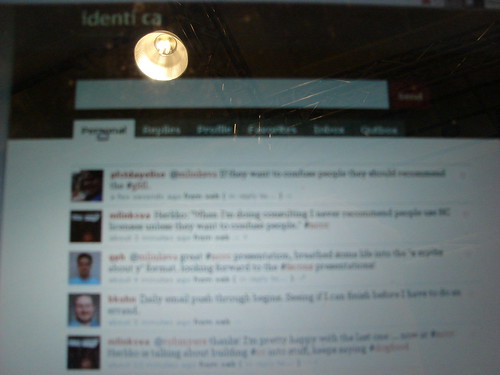I do not recommend anyone join the murderous institutions of the U.S. security state (and the minimum age for making such a grave error needs to be raised, worldwide). Those who do not are everyday heroes. Those who make the mistake of joining a criminal network and, realizing at least in part what they have done, seek to expose its systematic criminality, are extraordinary heroes, e.g., Bradley Manning and Edward Snowden.
Obviously Manning should be freed and granted something with more meaning than the so-called Nobel Peace Prize, and Snowden should remain free. Both tremendous uphill battles that I fully support.
But punishment of murderers is also necessary. I look forward to the U.S. submitting to the International Criminal Court, and many officials and contractors of the Bush-Obama regime being tried.
An unlikely dream, yes. But unlike the saying this post plays on, leaking does not require unanimity. Unfortunately the nature of the terror war has been in full view for a long time and I don’t expect new revelations to change anything.
Speaking of dreaming, I hold some hope that those who see a little into the future (i.e., the dominance of computation) might have an outsized impact on increasing the probability of a slightly better future. Unfortunately the security state is making us look like clowns, even while we laugh at their awful slide designs.


